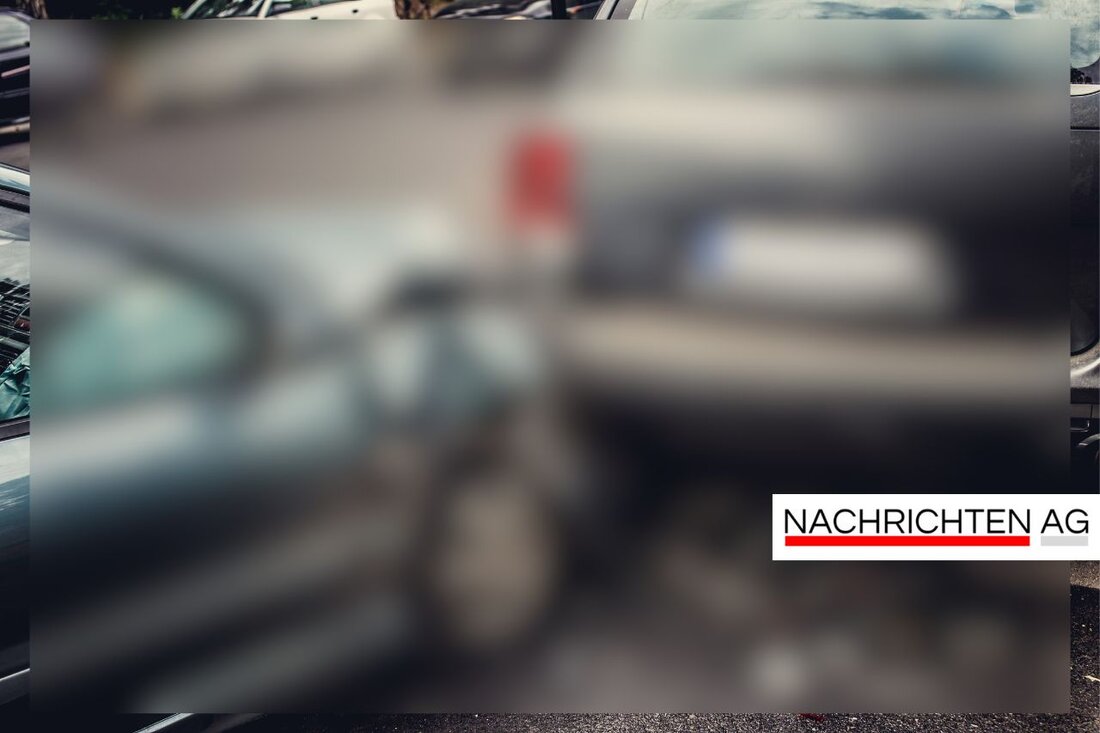Fatal accident in the Bergstrasse district: pedestrian dies tragically!
A fatal accident in the Bergstrasse district: A pedestrian was hit by a car near Lampertheim and died.

Fatal accident in the Bergstrasse district: pedestrian dies tragically!
A tragic traffic accident occurred yesterday in the Bergstrasse district, more precisely near Lampertheim. A 36-year-old pedestrian, a resident of a nearby refugee accommodation, was hit by a car while crossing a country road and died at the scene of the accident. The driver of the car and his six-year-old daughter suffered minor injuries. The highway remained closed for around four hours following the incident while a rescue helicopter was deployed to deal with the situation. Such tragic events shed light on the challenges refugees face in Germany and highlight the importance of a safe environment for all citizens.
But questions about the integration of refugees are not only at the forefront in Bergstrasse. A new residential accommodation for refugees and homeless people is currently being planned in Hamburg-Langenhorn. For this purpose, a former company building on Langenhorner Markt will be converted from September. It is expected that around 250 asylum seekers, protection seekers and homeless people will be able to live there from the end of 2026. Such measures are crucial to address the growing number of people leaving their homes for various reasons, such as wars and economic hardship.
Migration and flight in a global context
Around 304 million people worldwide are now traveling in a country they were not born in. According to Statista analysis, there are numerous reasons for this migration, with the main reason often being the search for work. Although refugees and internally displaced persons only represent a small proportion of the total number of migrants, their number is continually increasing. According to the UNHCR, a record number of around 118 million people are expected to be displaced, especially in 2023. This is the highest value since the Second World War and shows how crucial it is to deal with this issue.
Over 90 million international migrants were estimated to be living in Europe in 2024, representing a large proportion of the global migrant population. Germany has seen an increase in the proportion of migrants in recent years, from 9.3 percent in 2014 to 14.8 percent in 2024. This development highlights the urgent need for suitable accommodation and integration programs.
With various initiatives, such as the planned refugee accommodation in Hamburg, the cities are trying to make a contribution to improving the living situation of refugees. The call for an even distribution of accommodation, as demanded by Dirk Kienscherf, the SPD parliamentary group leader, is becoming increasingly louder. Ultimately, no one should have to live on the streets, especially not in a country that is known for its social values.
The political framework and measures such as the Hamburg payment card, which has already been made available to more than 3,300 refugees, show that there are local approaches that promote the integration and support of refugees. However, we must not forget that behind each of these numbers there is an individual fate that needs our support - especially in times of uncertainty and crisis.

 Suche
Suche
 Mein Konto
Mein Konto